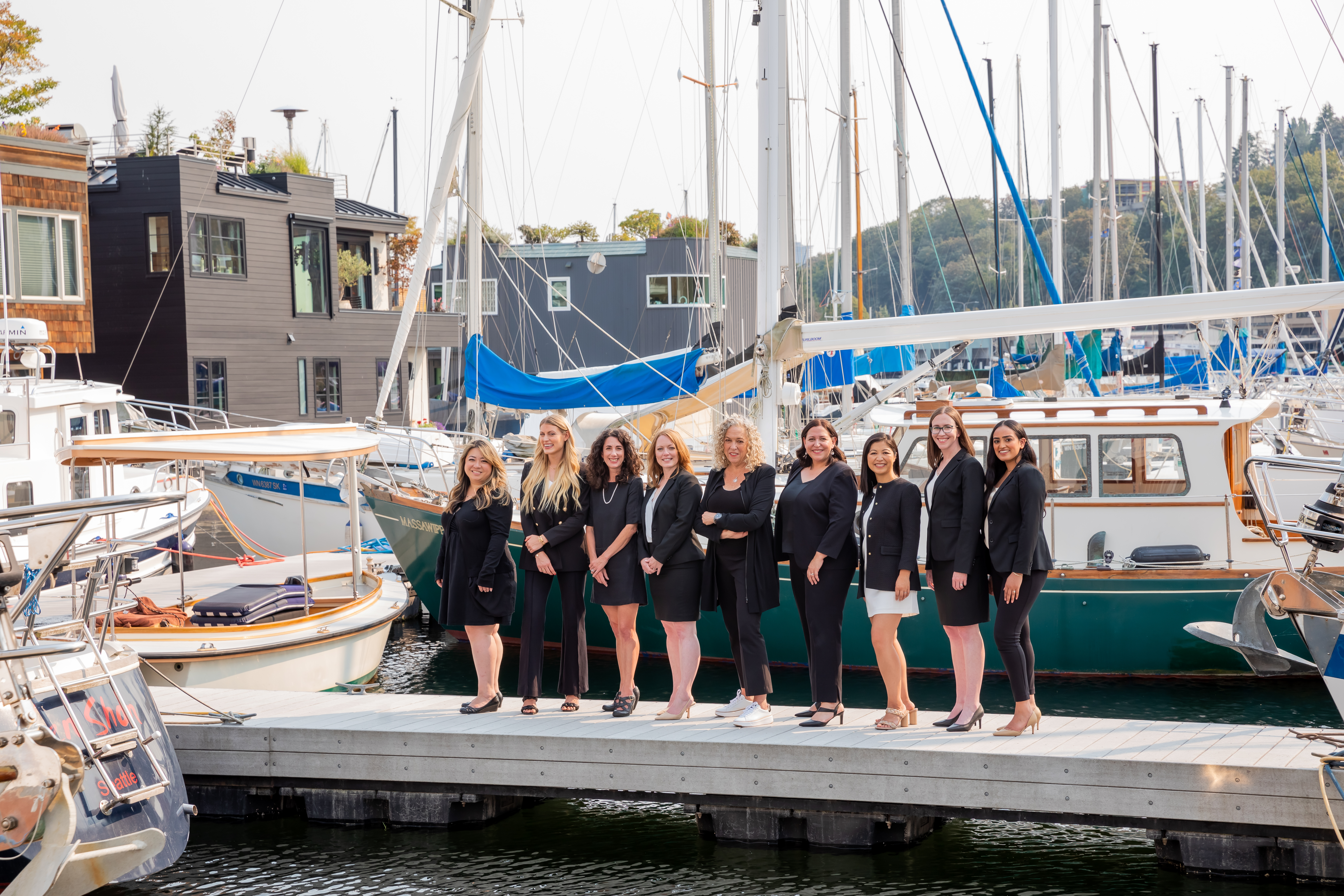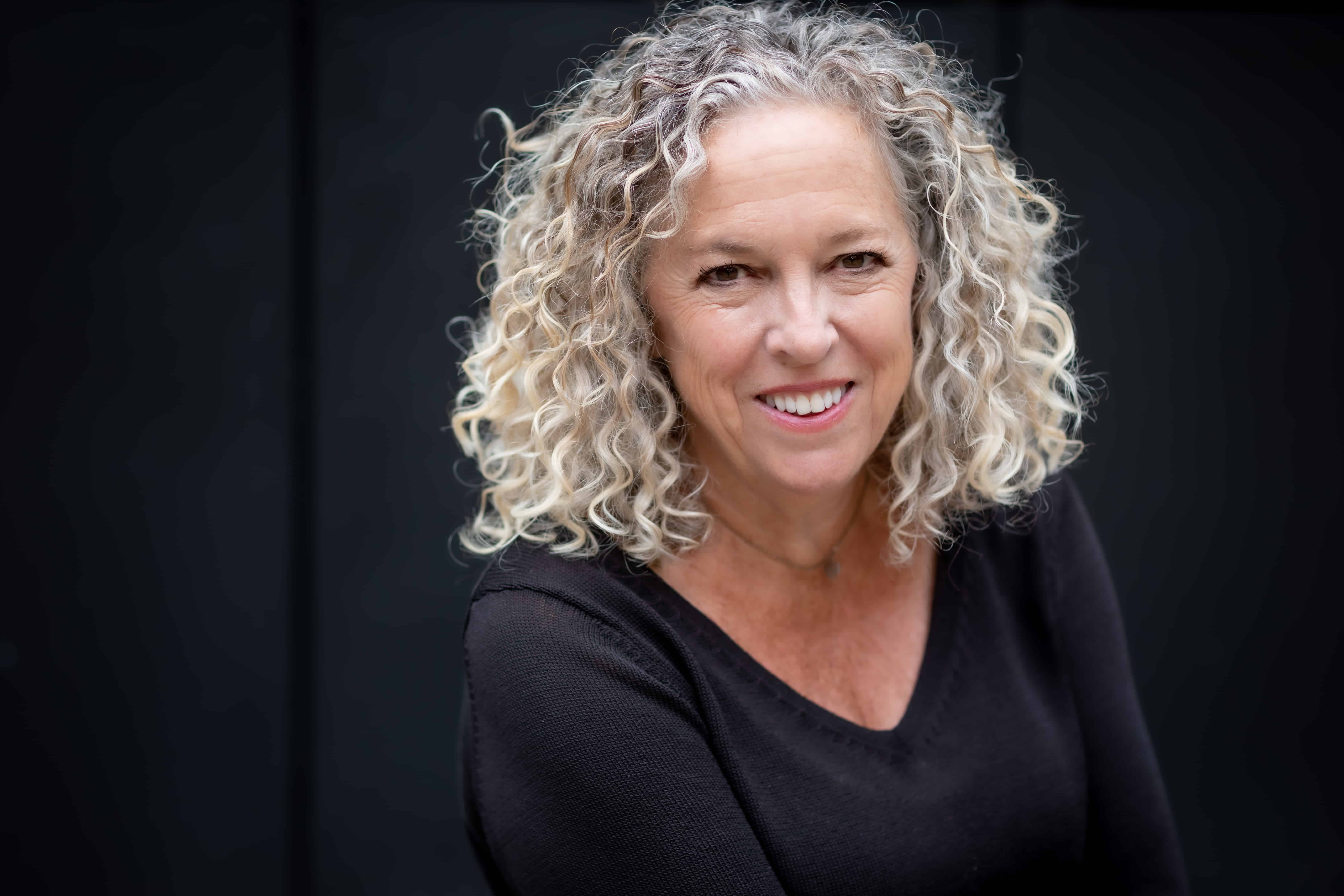
By Amanda DuBois, WPO Seattle Chapter Member and Founder & Managing Partner of Dubois Levias Law Group PLLC.
Labor shortages, high turnover rates, and economic downturns are among a business owner's worst nightmare. As an entrepreneur who has scaled a family law firm based in Washington State for the last 30 years, I am crystal clear that delivering excellence for our clients relies on teamwork.
According to the Bureau of Labor Statistics, the US is experiencing a labor shortage, with 9.9 million job openings as of February this year and 5.8 million Americans leaving the workforce through quitting, layoffs, and discharges.
My advice to women presidents and entrepreneurs struggling to build their teams? Hire formerly incarcerated workers.
By tapping into the - often ignored and overlooked - market of those impacted by the criminal legal system, my business has had a competitive edge of dedicated, skillful, and empathetic employees that deliver results for our business's bottom line. Here are three reasons why you should consider adding team members who are formerly incarcerated:
1. Dedicated Workers with Transformative Results
Research tells us that formerly incarcerated employees are ambitious, loyal, and dedicated. A study from the Kellogg School of Management at Northwestern University and Northwest University’s Pritzker School of Law found that people who served time in prison were no more likely to be fired later than those of us who have never been in prison, and they were less likely to quit.
That same study found that employees with criminal records are loyal and dedicated workers; their turnover rate is about 13% lower than those with no criminal record. This dedication and commitment to success are evident at my law firm, DuBois Levias Law Group. We seek out and hire those who have served time in prison, carry a felony, or have close family members in prison. They call us “second chance employers,” but that’s always seemed like a misnomer to me because most of these people never really ever had a “first chance.”
One of my employees served six years in prison for a crime related to embezzlement. She was recently named Student of the Year at Central Washington University. Another DuBois Levias employee served 19 months in prison and 25 months in community custody. Her crimes had to do with identity theft related to addiction. She is now clean and sober and is a student at my alma mater, Seattle University School of Law. And she just received straight A’s in her first semester at law school!
2. Excel in Emotional and Fast Paced Environments
According to the U.S. Chamber of Commerce, two years after release, employed formerly incarcerated individuals were twice as likely to have avoided arrest as their unemployed counterparts. I would argue that the legal and justice systems – and those who hold positions of power in these systems – should be some of the most eager to hire the formerly incarcerated.
Because of their experience in the criminal legal system, formerly incarcerated people bring a wealth of understanding, knowledge, and empathy to colleagues and challenging clients. In my family law practice, these employees are compassionate and forgiving with our highly emotional clients. They know what it takes to survive stressful situations and thrive once it is over. They understand better than anyone that we all make mistakes and they give more grace than many of my other employees when our clients are difficult to manage.
3. Untapped Talent
Given that 1 in 3 Americans has a criminal record that impacts their ability to get a job or a place to live, hiring previously incarcerated people opens up a talent pool of nearly 100 million candidates nationwide.
Specific to Washington State, 96% of incarcerated individuals (about 8,000 people) are released back into the community each year. That trend has held for five years, equating to about 40,000 people total (Washington State Dept. of Corrections).
That is a deep pool of viable workers to help combat our labor shortage, which the American workforce is projected to have in the next decade as a result of lower fertility rates on one end and increasing rates of retirement on the other.
The human story is complex. Most people who are applying for a job coming out of prison are serious about making a change in their lifestyle. So, next time you’re looking to fill an open position, please reach out to formerly incarcerated networks, like the Formerly Incarcerated College Graduates Network. Consider the life experience they bring and their motivations, rather than their record.
About the Author

Amanda DuBois is the founder and managing partner of DuBois Levias Law Group PLLC, a family law firm based in Seattle, Wash. She is the creative founder of the Civil Survival Project, a non-profit that provides legal services and teaches advocacy skills to formerly incarcerated individuals. She is on the board of Freedom Education Project Puget Sound, is the Vice President of the board at PDA in Seattle, and is the author of the Camille Delaney series, legal thrillers that highlight the flaws in the American legal system. She is a long-time member of the Seattle WPO chapter. Learn more at www.duboislaw.net
